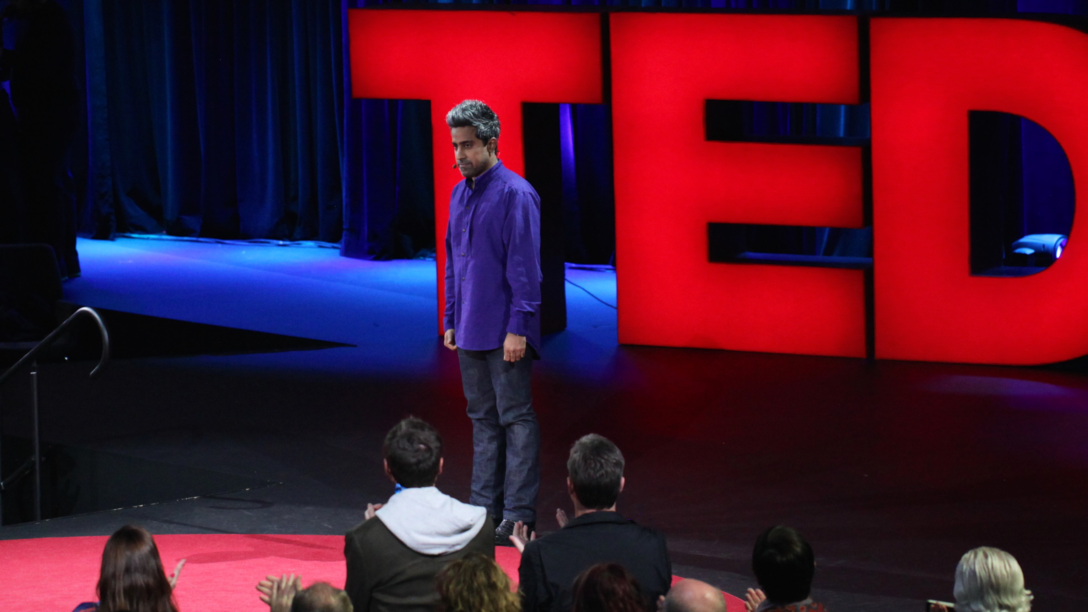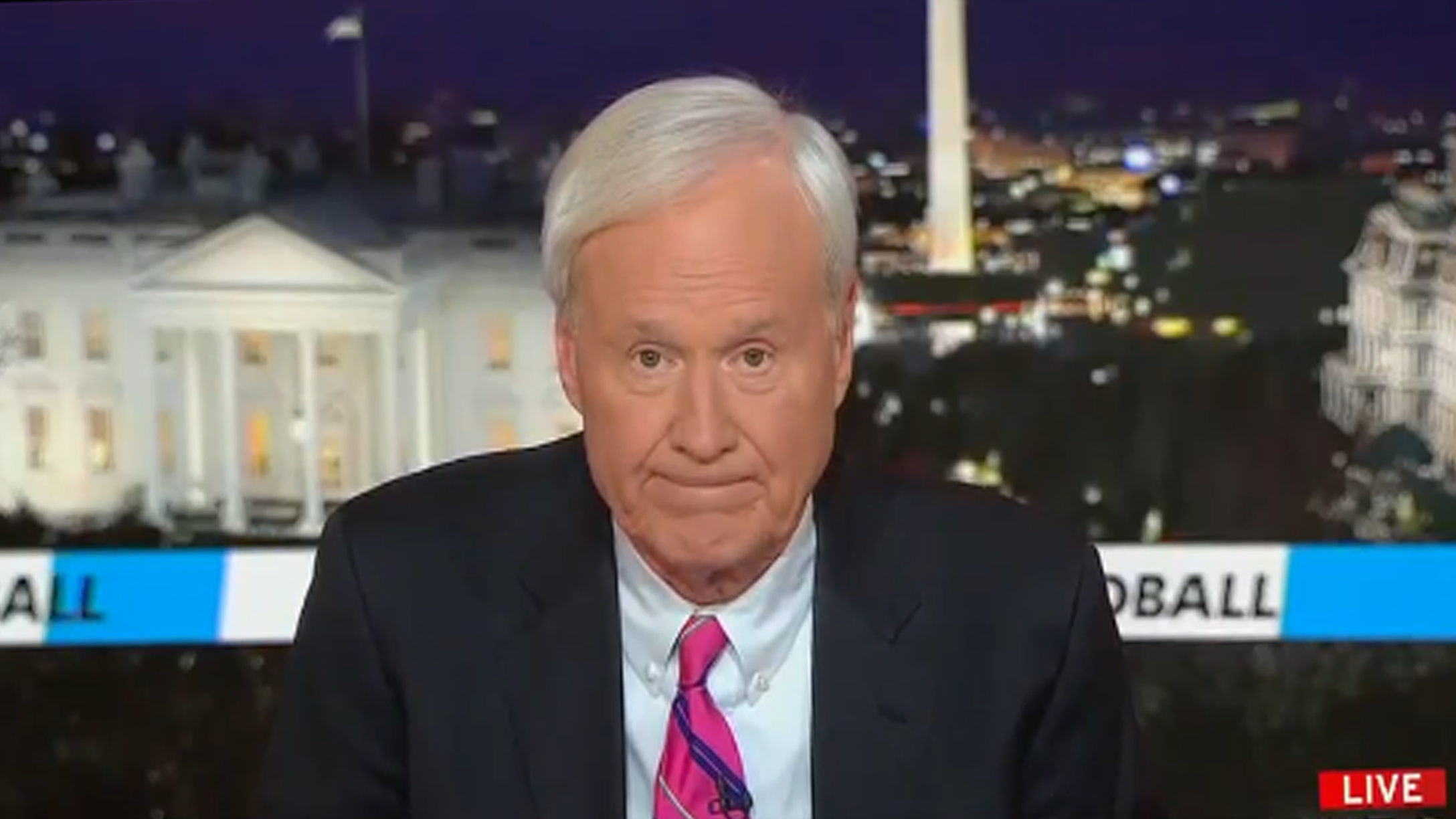“We do not publicly criticize our colleagues. This kind of behavior is unprofessional and will not be tolerated,” MSNBC president Phil Griffin wrote, plain as day, in a 2010 staff memo, reportedly as an explicit rebuke to host Joe Scarborough’s criticism of then-reigning Keith Olbermann. Not long afterward, Donny Deutsch saw his MSNBC show axed over the same offense. In the years since, the collegiality of the network, exaggerated and strained as it often seems, has been all but absolute, with few exceptions—such as Chris Hayes’s defense of Ronan Farrow against NBC brass, who’d killed Farrow’s reporting on allegations of sexual misconduct against Harvey Weinstein. (Weinstein was convicted today in New York on charges of first-degree criminal sexual act and third-degree rape.)
Bernie Sanders’s landslide win in the Nevada caucuses has evidently altered this calculation. Speaking on Sunday with Joy Ann Reid—herself an ardent Sanders critic—frequent MSNBC guest Anand Giridharadas spoke vehemently against host Chris Matthews’s likening of Sanders’s win to the Nazi occupation of France in WWII. Establishment figures are responding to the possibility of a Sanders candidacy “like out of touch aristocrats in a dying aristocracy,” Giridharadas said, implicating not only Matthews and Reid, but the network itself, which has exhibited a consistent antipathy to Sanders for many years. “People stuck in an old way of thinking, in 20th-century thinking, are missing what is going on.” Instead he counseled curiosity: why are Democrats supporting Sanders in such huge numbers?
My first thought was wow, he is going to get in trouble for this, presumably? But Giridharadas quashed that assumption right away, tweeting, “I was told both before and after my segment that they want to do a lot more of this with me. The cultural tide is turning.” What had seemed unscripted had been intentional. What does this mean for MSNBC going forward?
I submit that we can read the measured and careful pleas of Giridharadas as a kind of insurance policy against the eventuality of a Sanders nomination.

It’s worth noting that Giridharadas is himself very much a member of the establishment he’s criticizing. He, like Reid, is a Harvard alum, as well as a second-generation McKinsey alum; his father, Radhashyam Giridharadas, spent 25 years there as a management consultant. Anand Giridharadas may be striking a provisional leftward path for MSNBC, but it seems safe to surmise that very little about it is either spontaneous or irreversible.
Still, his public denunciation of Matthews was remarkable, as was his pointed question of why “a lobbyist for Uber and Mark Zuckerberg [is] explaining a political revolution to us”—a reference to Democratic bigwig David Plouffe (Obama’s 2008 campaign manager, the blazingly obvious reason why he’d be invited to discuss politics on TV.)
The clearest lens through which to view MSNBC’s programming decisions is the business lens, rather than the political one. From this perspective, above all, Sanders’s inconvenient rise demonstrates a startlingly clear diminution of the network’s power and influence. It is Democrats, after all, who are voting for Sanders, and at some stage MSNBC must reckon with the preferences of its own audience.
Update: Chris Matthews has apologized to Senator Sanders for his remarks referenced above, praising his “well-deserved win” in the Nevada caucuses.
This article was also updated to reflect Harvey Weinstein’s conviction on charges of sexual misconduct.






